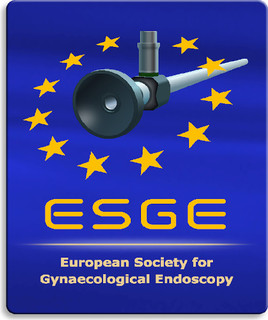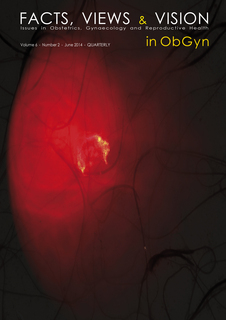Can we define maternal age as a genetic disease?
Maternal age, lifespan, mitochondria, epigenetics, mitochondrial inheritance, human reproduction
Published online: Jul 08 2014
Abstract
Maternal age is strongly associated with a decrease in the probability of achieving pregnancy and the birth of a healthy child. Among current theories of the mechanism of this decrease is the hypothesis that a progressive degeneration of the respiratory capacity of mitochondria in eggs of women of advanced age leads to an energy deficit and consequent secondary effects on the oocyte and developing embryo. Mitochondria are uniquely inherited through the female germ line and these organelles contain DNA sequences that are independent from the genome. It is therefore possible that offspring born to females of advanced age inherit suboptimal mitochondria and that these persist throughout the life of the new being. This could in turn lead to long-term consequences for the offspring of females of advanced age such as a reduced potential lifespan in relation to the age of the mother at conception. In this review and hypothesis, we discuss the evidence relating to this theory and suggest that on this basis the maternal age effect could be classified as an inheritable genetic disease.



